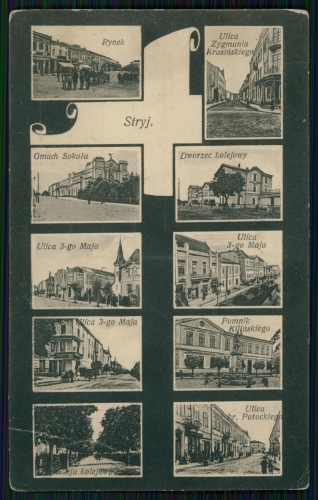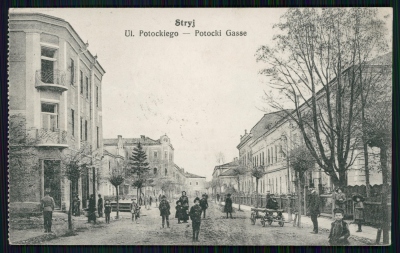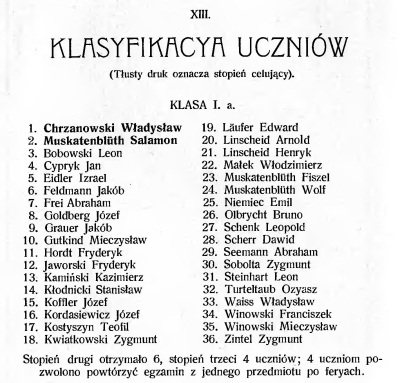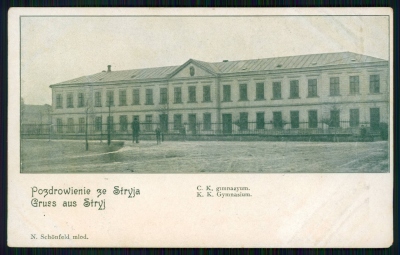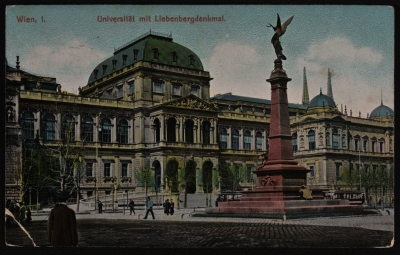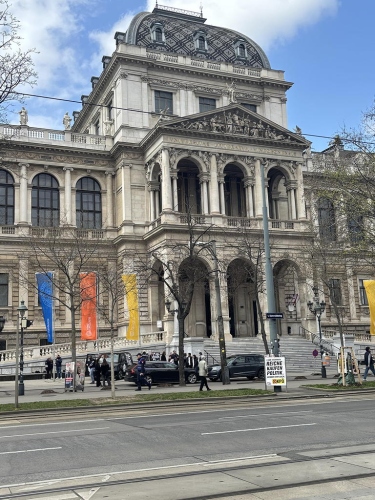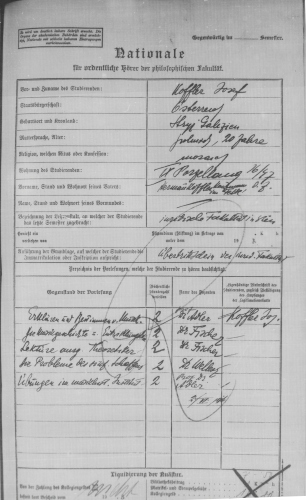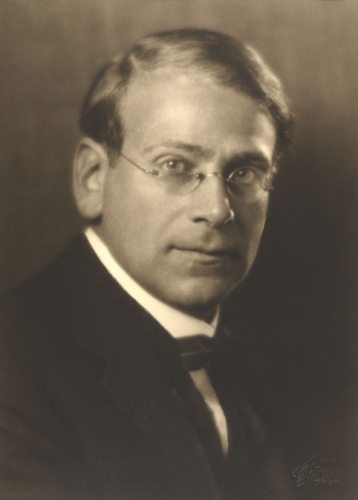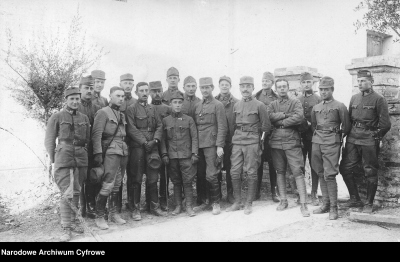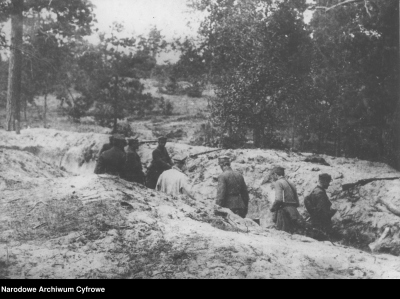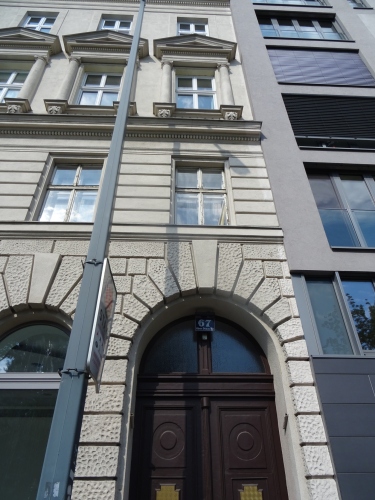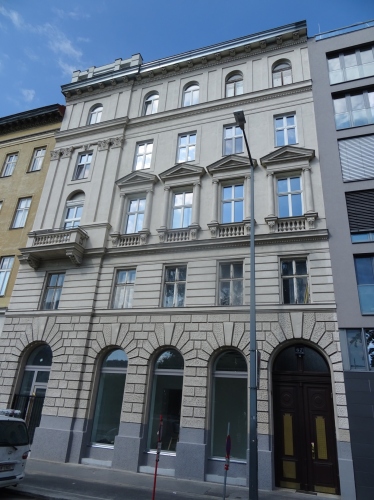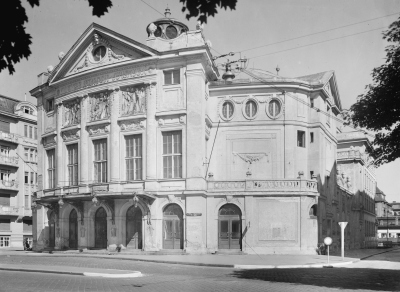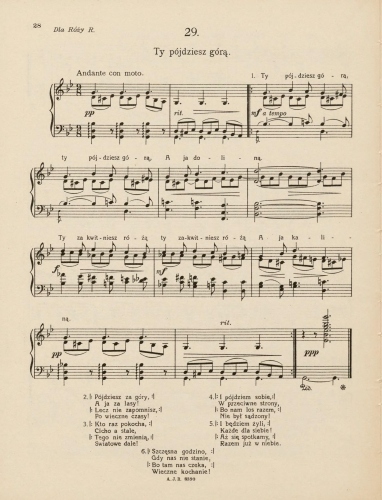28 November
Józef Koffler is born in Stryj (now Stryi, Ukraine) as a son of Hersch Koffler (son of Szlomo Selig and Sara from Zaleszczyki, now Zalishchyky, Ukraine) and Rebeka Schönfeld (daughter of Izaak Schönfeld Jr and Chaja Breindla née Lenier, from Stryj).
The Kofflers live at 16 Potockiego St., where the trading office of Józef’s grandfather Izaak Schönfeld is also situated. Izaak is a prosperous merchant, producer of flour and crops.
Stryj is situated 70 kilometres south of Lwów (now Lviv, Ukraine) in the then Province of Galicia, established in 1772 as a result of Austrian annexation of territories in Southern Poland. From the late 1860s until 1914, Polish culture developed in Galicia thanks to autonomy granted by the authorities in Vienna. The province had Polish administration, offices, and schools.
11 December
Hersch and Rebeka sign their marriage act. On that occasion, the bridegroom submits an official declaration concerning the recognition of two children: Józef and Gittla Reizla (b. 9 May 1900). The latter subsequently changed her name to Gizela.
23 September
Józef Koffler's younger brother Szulim (Schulim) is born.

Józef Koffler attends the Imperial-Royal Gymnasium [grammar school] in Stryj, where in every school year he is consistently assigned to a class marked with the letter A. In the first year, the timetable includes Latin, maths, geography (three hours of each in every week), and German (six hours a week). The school has its orchestra (operating in all but the last two years of Józef’s education there) as well as various student interest clubs.
The would-be composer simultaneously takes private lessons in piano, harmony, and counterpoint.
Józef begins to compose at age 12. His first piece is a song to words by Heinrich Heine.
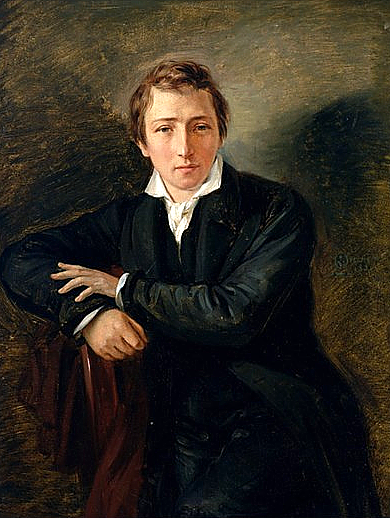
As a student in class 6A, Józef Koffler presents an ‘open lecture in history’ titled Painting in the Renaissance Age.
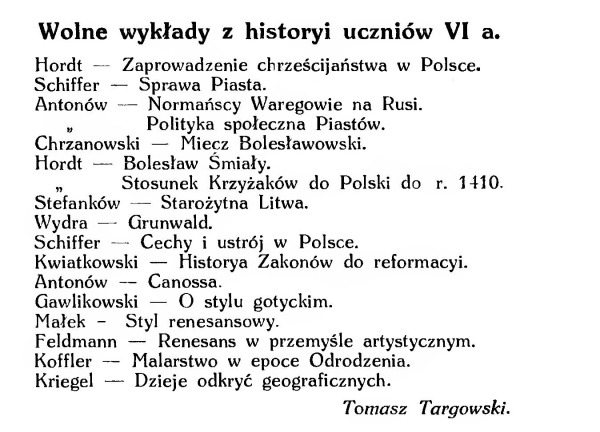
In class 7A, Koffler (as a member of a student club) delivers a paper on German literature titled Der Bau des Dramas.
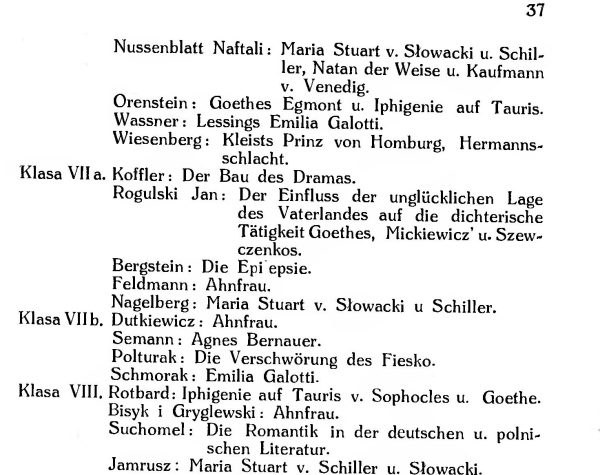
3 June
Koffler obtains his school graduation certificate. In the Report of the Authorities of the Imperial-Royal Gymnasium in Stryj, we read that he intends to enter ‘music academy’.
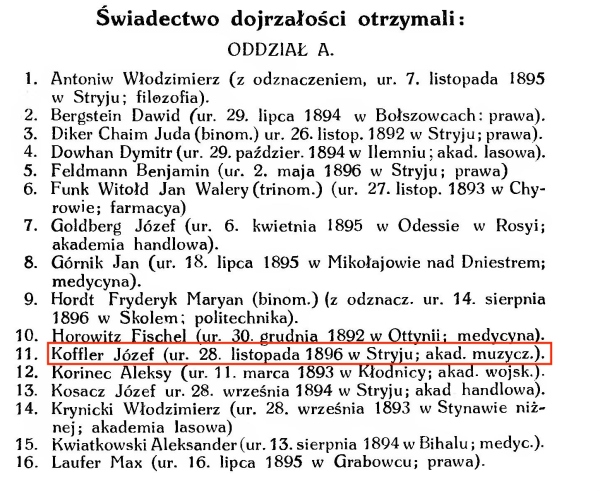
Koffler leaves for Vienna to study there. He takes lodgings at 7 Hamburgerstrasse in the fifth district and enrols for first-year studies at the Faculty of Law. In the registration form for the first semester, he enters the following data: citizenship – Austrian, place of birth – Stryj in Galicia, age – 19, mother tongue (Muttersprache) – Polish, religion – Jewish, father – Hermann Koffler, a merchant in Stryj.
In the summer semester, he attends classes in harmony with Hermann Grädener.
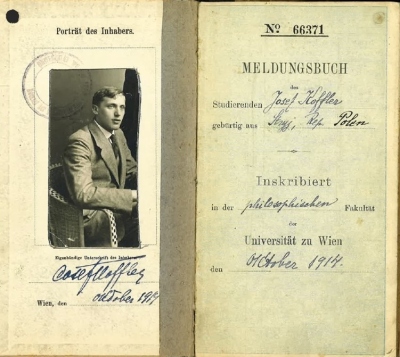
Koffler moves to 16 Porzellangasse, apt. 47 in the ninth district. He continues his law studies while adding Harmonielehre and Kontrapunkt with Grädener to his music curriculum.
In the summer semester he transfers to the Faculty of Philosophy and takes up musicology studies with Guido Adler, Wilhelm Fischer, and Egon Wellesz. He still lives at the same address. He attends classes at the Institute of Musicology in the main university building at 1 Universitätsring in the first district.
Józef Koffler suspends his studies due to military service in the Austrian army. His unit assignment and combat trajectory remain undocumented.
11 November
An armistice between the Entente and Germany is signed in French Marshal Ferdinand Foch’s own railway carriage at Foch’s headquarters at Compiegne. This act ends World War I. One of the war’s consequences is the collapse and break-up of the Austro-Hungarian Empire. Poland regains independence.
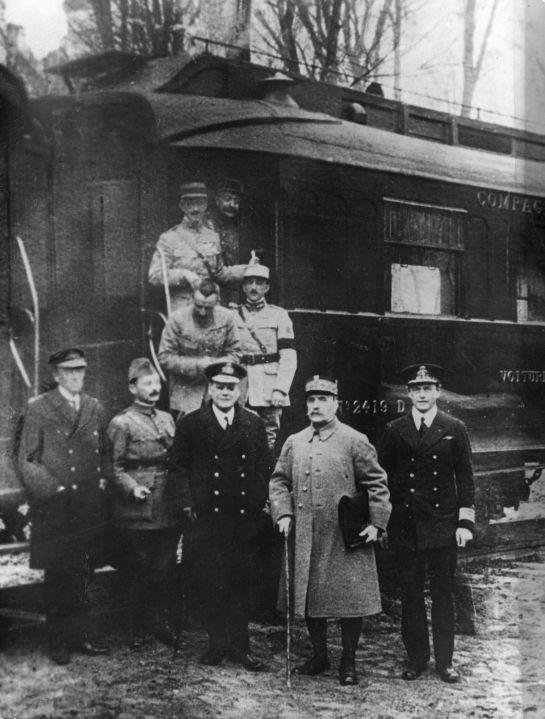
Koffler joins the Polish army as a volunteer. He probably takes part in Poland’s war with the Soviets (1919–1920) and is taken prisoner-of-war. We know neither his army posting nor his combat trail. His acquaintance with military musicians and band leaders such as Stefan Śledziński-Lidzki, Eugeniusz Dawidowicz, and Bogusław Sidorowicz may have dated from this period.
Koffler returns to Vienna and continues his musicology studies, living successively at 18 Grosse Sperlgasse, apt. 12 (second district), 35 Rossauer Lände (ninth district), and 67 Obere Donaustrasse, apt. 6 on the bank of the Donaukanal (for the last three semesters).
He also learns the piano with Wilhelm Kurz (Brno) and conducting with Ludwig Kaiser. He simultaneously works as an accompanist and choirmaster at Vienna’s Bürgertheater at 13 Zollamtsstrasse (third district), then specialising in operetta productions.
Having obtained his certificate of completion at the university, he prepares for exams in musicology and the history of Polish literature.
Gabor Steiner Verlag publishes Koffler's arrangements for voice and piano of songs from the singspiel Mozart (premiered on 2 June 1923 at Vienna’s Volksoper, libretto: Julius Wilhelm and Paul Frank, music: Hans Duhan).
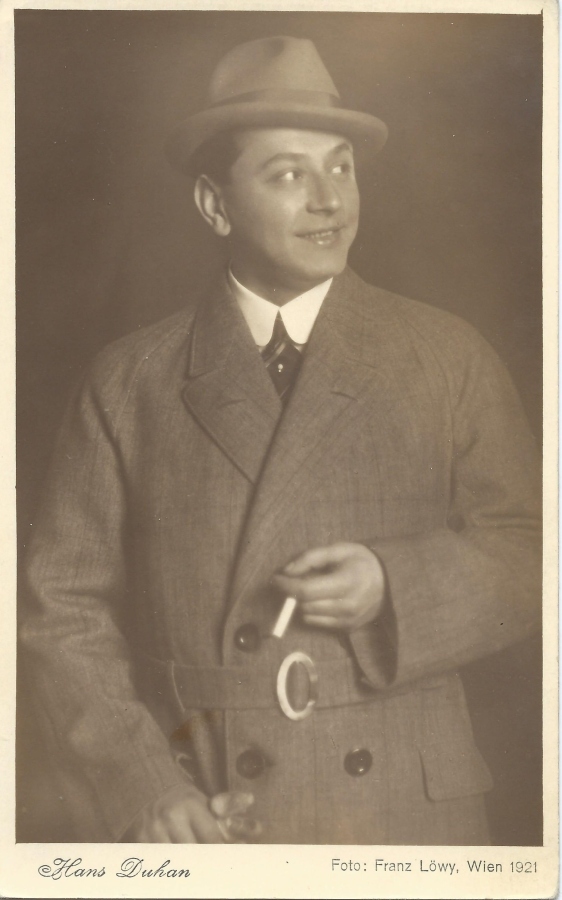
In June Chwila daily reports Dr Koffler ‘s involvement in a number of spectacles and charity collections for the Jewish orphans’ house in Stryj. The collected funds will make it possible to organise summer holidays in the country for those children.
Koffler settles permanently in Lwów. From the academic year 1924/1925, he takes up the post of teacher of theoretical subjects at the Conservatoire of the Polish Music Society (PTM) in Lwów (7 Chorążczyzny St.), the largest and oldest university-level music school in southern Poland, with 46 teachers and 926 students in 1926.

July
In Stryj, Koffler composes the set of 40 Polish Folksongs, soon to be published by Anton J. Benjamin in Leipzig. Only one of these pieces, ‘Ty pójdziesz górą’ [You Take the High Road] (an arrangement of a song probably originating in eighteenth-century Galicia), bears a dedication. It was composed ‘for Róża R.’, his future wife.
3 September
An advertisement is printed in Gazeta Poranna daily:
Dr Józef Koffler (piano and harmony, Louis-Thuille tonal method or Riemann and atonal method) prepares for state exams and arranges opera and operetta parts. Lwów, 4 Ossolińskich St.
7 February
In the context of a charitable concert benefiting the Odd Fellows' Orphan Asylum, taking place within the distinguished Carnegie Hall in New York, the United Odd Fellows' Home Band, conducted by William McEvitt, performs the currently unknown Odd Fellows March composed by Koffler.
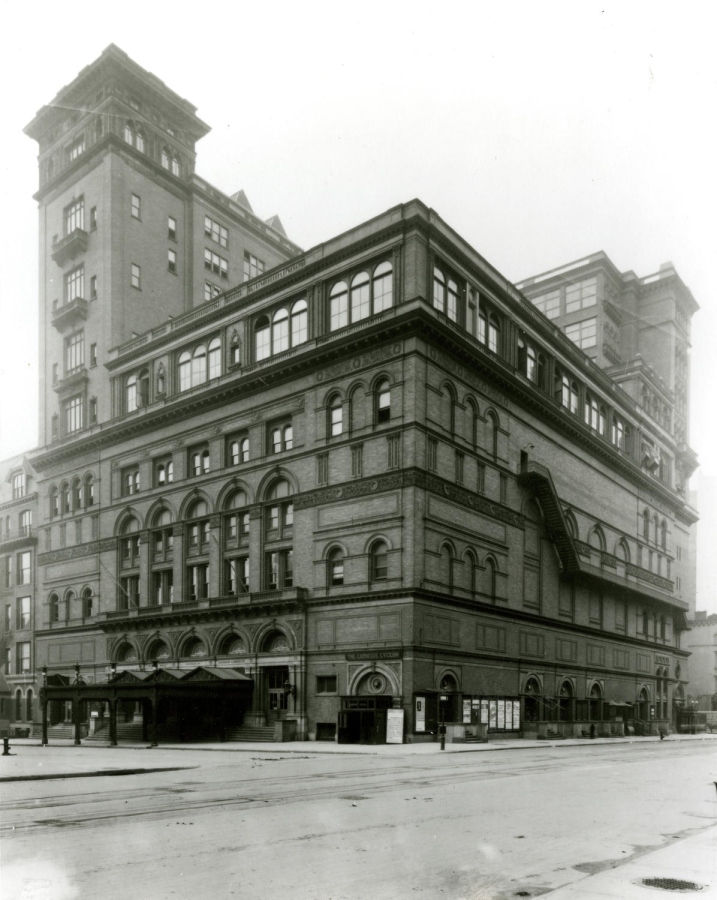
Carnegie Hall, 1907, Carnegie Hall Rose Archives, https://collections.carnegiehall.org. Courtesy of Carnegie Hall Archives
1 February
Muzyk Wojskowy (No. 3) prints an anonymous text about Józef Koffler as an artist, including a list of his works (up to Op. 7). The author writes:
Unfortunately, his daily work prevents the composer from fully dedicating himself to writing music. Laborious teaching work does not allow him to focus his strength and will on composition. Throughout the [academic] year, he collects a hoard of melodic and harmonic ideas in his soul, which he can only commit to paper during the 10 to 12 weeks of his summer holidays, when he makes use of concepts jotted down over the year.
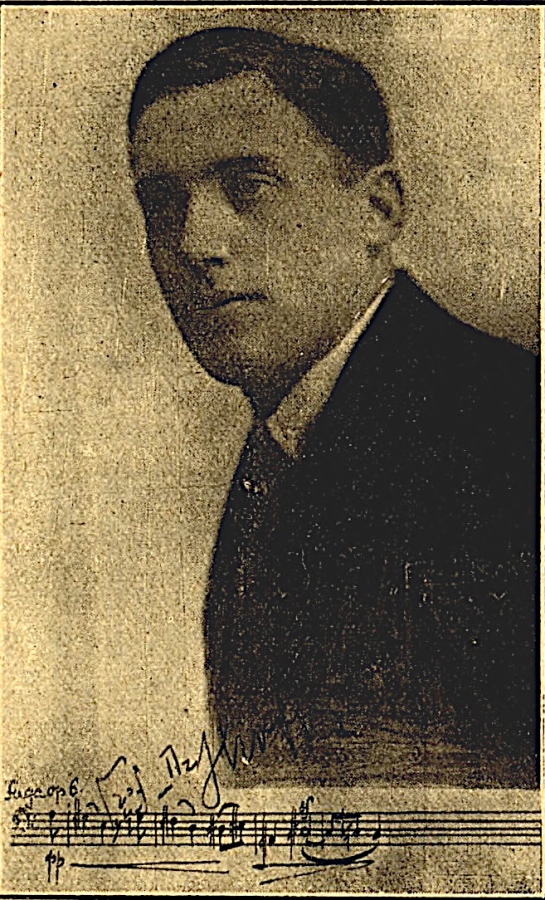
15 March
A local branch of the Polish Musicological Society, established a month earlier in Warsaw, is now established in Lwów, and Koffler is invited to the founding meeting.

